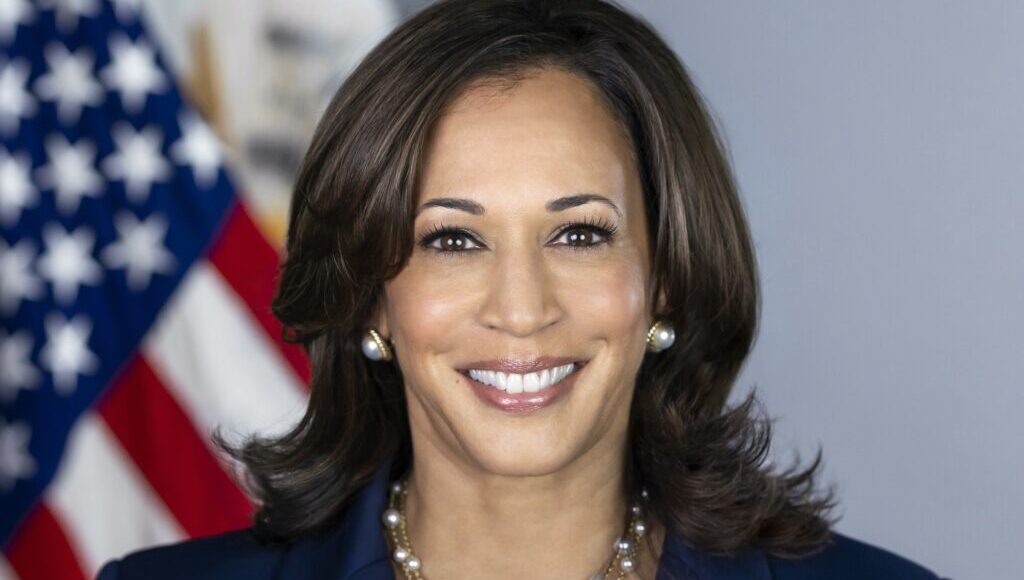US Vice President Kamala Harris has effectively secured the Democratic party’s presidential nomination, confirming her ascent as the party’s standard bearer for the upcoming November election against Republican Donald Trump.
Harris, 59, was the sole candidate on the ballot during a five-day electronic vote by nearly 4,000 party convention delegates. As the first Black and South Asian woman to secure a major party’s nomination, she will be formally nominated at a convention in Chicago later this month.
“I am honored to be the presumptive Democratic nominee for president of the United States,” Harris stated during a phone call to a party celebration after securing the necessary votes by the second day of the virtual voting process.
Since President Joe Biden announced he would not seek re-election, Harris has quickly taken the reins of the party, breaking fundraising records, filling arenas, and diminishing the polling lead previously held by Trump.
“I couldn’t be prouder,” Biden posted on X following her nomination.
Harris is set to embark on a campaign tour next week across seven critical swing states, alongside her yet-to-be-named running mate. The Democratic Party opted for a virtual nomination process, similar to the one used during the 2020 pandemic-affected election, due to an early deadline for submitting candidate names in Ohio.
The official start of the 2024 convention will commence with a virtual roll call, with traditional celebrations beginning when party members gather in Chicago on August 19. The event will include a formal vote for Harris, celebrating her journey from California prosecutor to a historic presidential candidate.
Trump’s campaign was significantly affected on July 21 when Biden, amid concerns about his age and declining polling numbers, withdrew his candidacy and endorsed Harris.
Harris, who is two decades younger than 78-year-old Trump, has had a strong start, raising $310 million in July—more than double Trump’s total. She and her running mate will begin their campaign in Pennsylvania, a pivotal swing state, with Democratic Governor Josh Shapiro considered a potential vice-presidential pick.
Pennsylvania is part of the “blue wall” that helped Biden secure victory in 2020, alongside Michigan and Wisconsin, where Harris is also expected to campaign. She plans to visit the more racially diverse states of the Sun Belt and the South, such as Georgia, North Carolina, Arizona, and Nevada, to consolidate support among Black and Hispanic voters.
Harris’s campaign has enlisted senior advisors from Barack Obama’s historic 2008 and 2012 campaigns, indicating ambitious plans. While Biden’s campaign emphasized the nation’s founding principles, Harris’s messaging focuses on the future, framing the election as a fight for “freedom” rather than the abstract “democracy” that Biden highlighted.
Harris and her supporters have also adopted a more aggressive stance than Biden’s team, criticizing Trump for backing out of a September debate and labeling him as an untrustworthy criminal. Georgia Senator Raphael Warnock highlighted the irony of running a criminal against a prosecutor at an event in Atlanta.
Despite her strong campaign start, Harris has been reticent on certain issues. She has distanced herself from some leftist positions she held during her 2020 primary campaign and has not given a comprehensive interview since entering the race, leaving voters without a clear sense of her overall vision.
Meanwhile, Trump and the Republican Party have struggled to adjust to their new opponent, initially painting her as excessively liberal on issues like immigration and crime before shifting to false claims that she was exploiting her racial identity for political gain.



